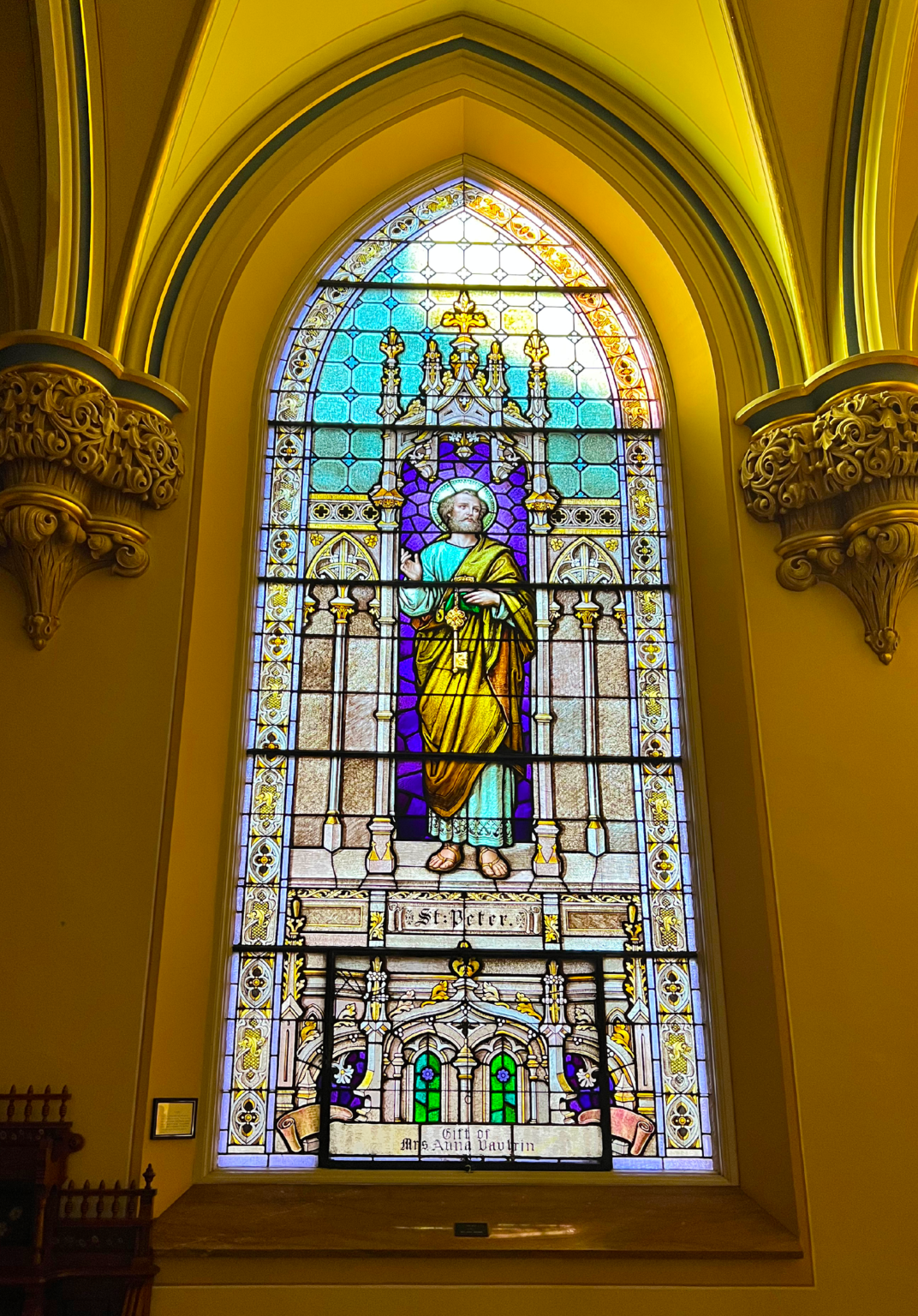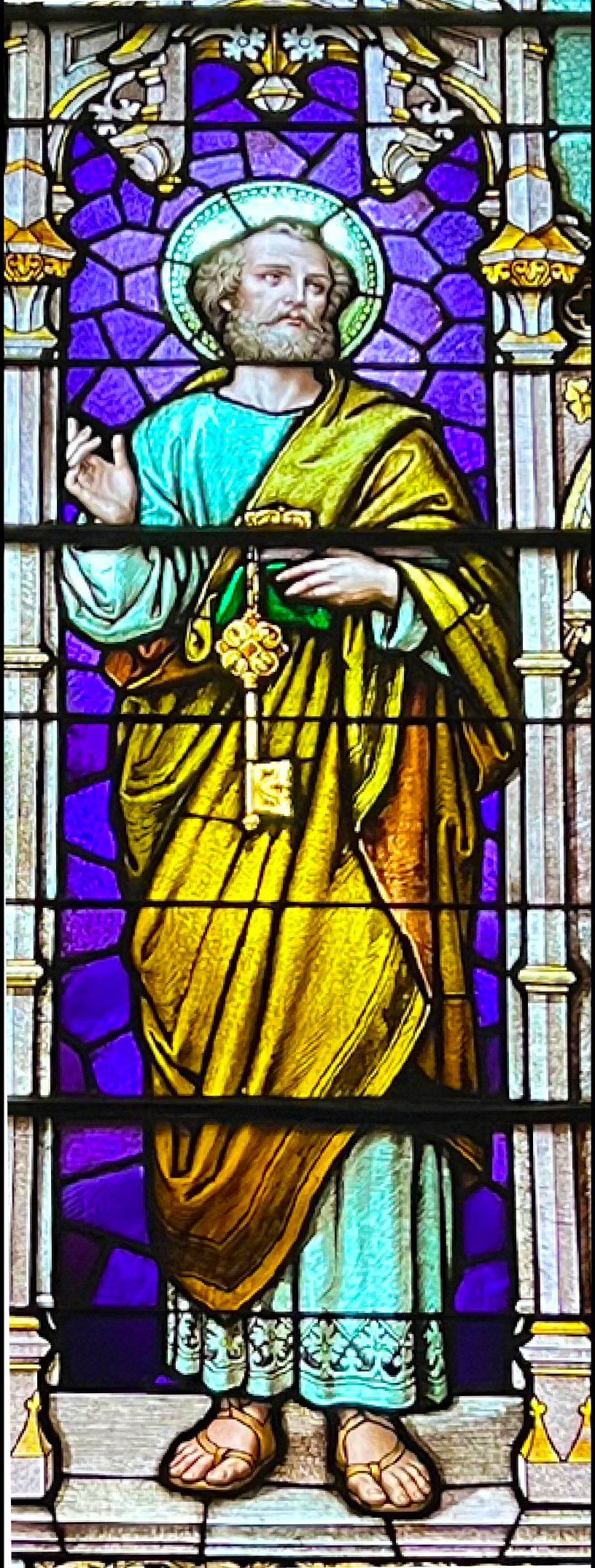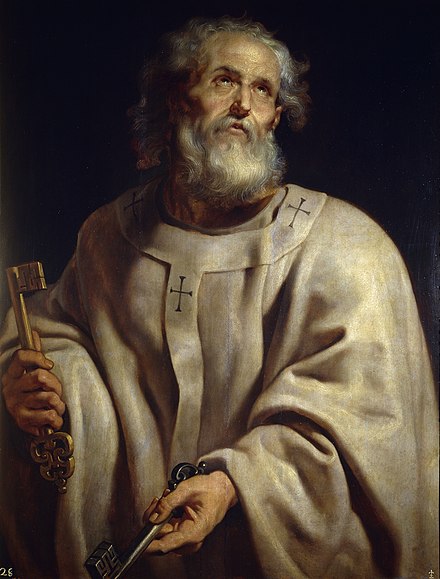Introduction
St. Peter, also known as Simon Peter, is one of the most prominent figures in Christianity and a foundational character in the New Testament. He was one of Jesus Christ’s twelve apostles, recognized for his leadership role in the early Christian Church. His life, teachings, and eventual martyrdom have had a profound influence on Christianity and its theological development. St. Peter is traditionally regarded as the first pope by the Roman Catholic Church, and his legacy continues to shape Christian doctrine and practice.
Early Life
St. Peter was born as Simon, the son of John, in the town of Bethsaida, located in the region of Galilee (modern-day northern Israel). He was a fisherman by trade, working alongside his brother Andrew. Peter’s life changed when he encountered Jesus Christ. According to the Gospels, Jesus called him to be a “fisher of men” (Matthew 4:19), and Peter, along with his brother, left his fishing nets to follow Jesus.
The Call of Peter
Peter’s calling by Jesus is significant because it marked the beginning of his discipleship and eventual leadership role in the Christian movement. His transformation from a humble fisherman to one of Jesus’ closest followers underscores the theme of redemption and divine selection in Christian theology.
Role as an Apostle
As an apostle, Peter was part of Jesus’ inner circle, along with James and John. He witnessed some of the most pivotal moments of Jesus’ ministry, including the Transfiguration and the raising of Jairus’ daughter. Peter is perhaps best known for his bold and sometimes impulsive nature, which is depicted in the Gospels. For instance, he is the one who walked on water toward Jesus but began to sink when he doubted (Matthew 14:28–31).
Peter’s faith, though sometimes faltering, was central to his relationship with Jesus. One of the most important moments in the Gospels is when Peter confesses Jesus as the Messiah (Matthew 16:16), a declaration that Jesus affirms as the foundation upon which He will build His Church.
However, Peter’s most famous moment of failure occurs during Jesus’ Passion. Despite his earlier declarations of loyalty, Peter denies Jesus three times on the night of His arrest (Luke 22:61). After Jesus’ resurrection, He forgives Peter, reaffirming his role and leadership within the Church (John 21:15–19).
Leadership in the Early Church
After the Resurrection and Ascension of Jesus, Peter emerged as a leading figure in the nascent Christian Church. In the Acts of the Apostles, Peter plays a central role in the spread of Christianity, performing miracles, preaching, and overseeing the early community of believers. His leadership is highlighted during the Pentecost, where, filled with the Holy Spirit, he delivers a sermon that leads to the conversion of thousands (Acts 2).
Peter is also portrayed as a key figure in the Jerusalem Council (Acts 15), where he defends the inclusion of Gentiles (non-Jews) into the Christian faith without requiring them to follow Jewish customs like circumcision. This decision was crucial in shaping the universal nature of Christianity.
Martyrdom and Legacy
According to tradition, Peter spent the latter years of his life in Rome, where he continued his ministry and eventually faced martyrdom under Emperor Nero’s persecution of Christians around 64-68 AD. Early Christian writers, including Church Fathers such as St. Clement of Rome and Origen, assert that Peter was crucified upside down, feeling unworthy to die in the same manner as Jesus.
Peter’s burial site is believed to be beneath St. Peter’s Basilica in Vatican City, which became a major pilgrimage site for Christians. The papacy, which claims to trace its lineage back to Peter, is considered by Catholics to have been instituted by Christ through Peter’s role as the first pope.
Theological Significance
St. Peter’s significance in Christian theology is multifaceted. He is seen as a symbol of human frailty and redemption, as his journey from denial to steadfast leadership mirrors the Christian experience of repentance and forgiveness. The Catholic Church regards Peter as the “rock” upon which Christ built His Church, based on Jesus’ words in Matthew 16:18: “You are Peter, and on this rock, I will build my Church.”
For Protestants, while Peter’s authority is still respected, the emphasis is less on papal succession and more on his role as a foundational figure in the spread of the gospel.
In addition, St. Peter’s life embodies the qualities of faith, courage, and resilience, serving as an example for Christians worldwide.
Conclusion
St. Peter’s legacy as an apostle, leader, and martyr has left an indelible mark on Christianity. From his humble beginnings as a fisherman to his role as the leader of the early Church, Peter’s life and ministry exemplify the power of faith, repentance, and divine grace. Whether viewed as the first pope or as a key apostolic figure, St. Peter remains one of the central figures in the Christian faith, shaping both its theological foundations and its global history.




